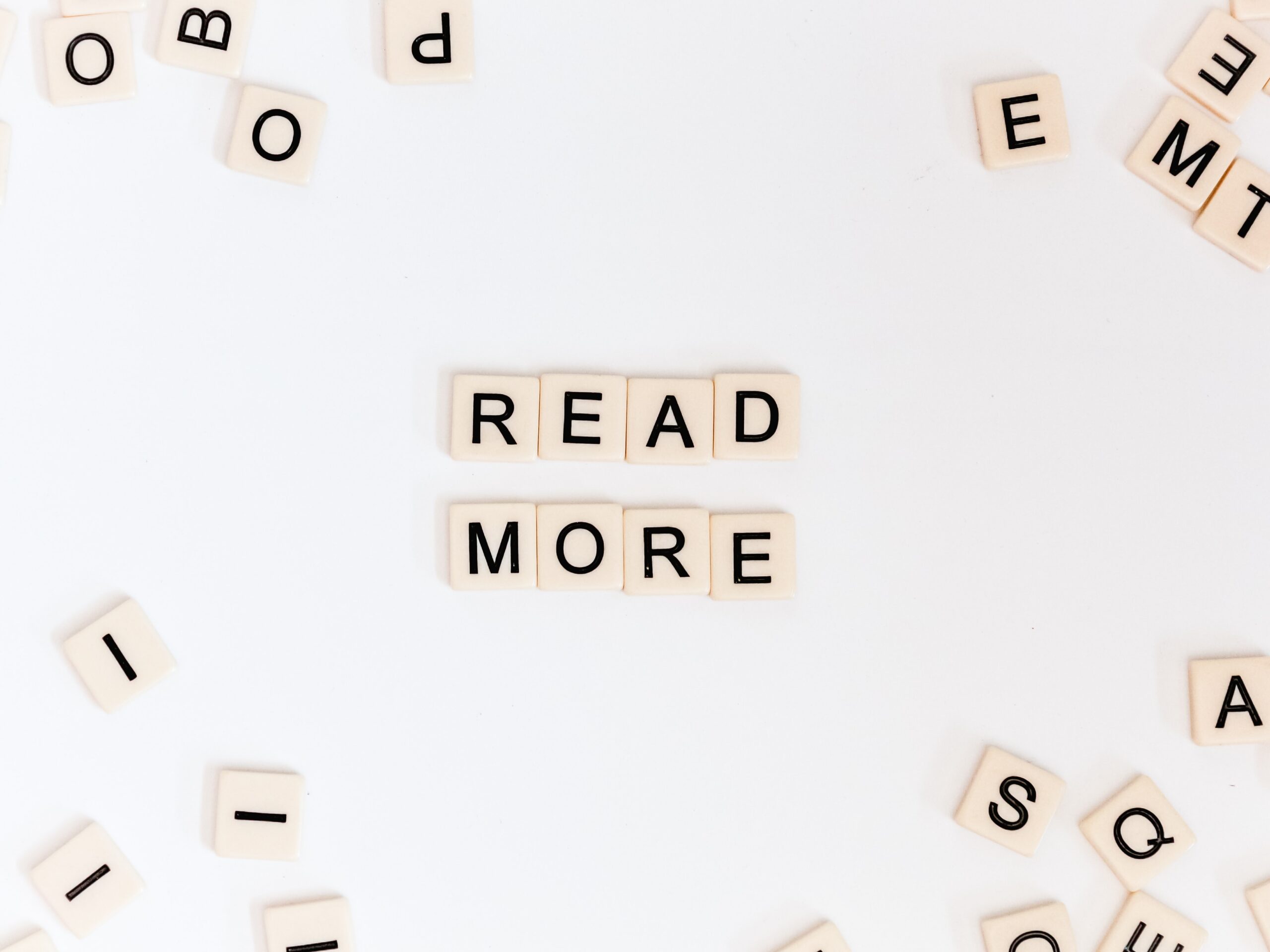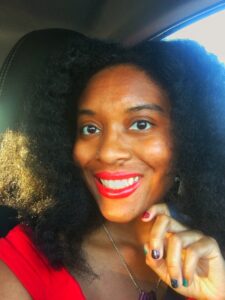Thousands of students pursue an MFA in creative writing every year. You may be wondering whether you want to get a degree in MFA.
Is getting a traditional MFA worth it? Here are the pros of getting an MFA:
- Building up your community
- Critiques from people in your department
- Developing critical analysis
- Structure of curriculum
The cons of getting an MFA:
- Expensive
- Not a clear-cut way to get published
- The market is oversaturated – No guarantee of getting a job in your field
- Most writing programs teach how to write, but not write a great story
If the cons bother you, don’t worry. There are several authors that got published without an MFA. Also, several have advanced degrees from different fields.
It’s not the end of the world if you don’t have an MFA. The key is self-determination.
Gabriela’s book, diyMFA, discusses how to create your own curriculum without an MFA. This may change your perspective. I always thought getting an MFA would increase your chances of getting published. That is not the case.
According to Gabriela, all you need is 3 focal points: writing, reading, and community. Below, I will discuss how to boost your writing career (Without an MFA).
- Writing
Writing is one of the main components of diyMFA. Before writing your first story, you must decide which genre you want to write in. Whichever it is, be sure to stick with it.
Brainstorming
Once you select your genre, now it’s time to brainstorm. If you want to improve your writing, then prompting will help with your skill.
There are plenty of sites where you can get prompts from:
- Reedsy
- Storyday.org
- diyMFA Writer Igniter
- Reddit writing prompts
Pantser vs. Plotter: Which Are You?
Are you a pantser or a plotter? Debates in the writing community have been happening for years. Balancing both strategies is recommended. For me, I would consider myself a plantser (a combination of plotter and pantser).
A pantser is a writer who writes from their mind, with no plot pre-developed.
Pros:
- Writing from the mind
- Flexibility
- Going with the flow
Cons:
- Having no plan beforehand
- Writer’s block
- More unlikely to abandon an unfinished project and start another one
A plotter is the exact opposite of a pantser. They must have an outline developed before jumping into writing.
Pros:
- Plan out your story ahead of time
- Can beat writer’s block
- Can get your novel written faster
Cons:
- End up redoing the outline if something was drastically changed
If you are plotting, brainstorm your project from start to end. Include all plots, narration/dialogue, characters, POV, and worldbuilding.
It is up to you to decide which one you are. Make sure it’s the right decision for you.
Voice
Your voice makes your story come alive. It’s unique and only applies to you. Voice is very subjective, and it varies from writer to writer. Be sure not to copy any author’s voice. If so, you would come off as a copycat.
Finding your voice isn’t easy, but the more you write, the more you will find it.
Editing
Before moving to the editing phase, you need to let your story rest. Reflect and come back to it. Spend several weeks away from your work.
Tiffany’s book Intuitive Editing gives a breakdown of how you should edit. There are two types of edits you should focus on during the editing process.
Macroedits refer to the big picture: Character, stakes, and plot. These three components must be reviewed first before the microcredits.
Characters are the backbone of the story. Without characters, there is no story. Be sure to go back and examine your characters’ arcs, personalities, and archetypes. They must stay relevant to your plot. If not, remove them.
Stakes are tied to:
- Characters – Their goals and motivations
- Conflict
- Tension
- Suspense
- Point of View (POV)
- Pace
Creating high stakes will keep your story from falling apart.
The plot must have a beginning, middle, and end. There must be balance. Do not include too much or too little plot. Look for plot holes. Are there any unnecessary parts of the plot that don’t relate to the character’s goals? Check your outline for any discrepancies as well.
Microedits are the details of your story. They are the scenes you review line by line. These edits consist of:
- Suspense and tension
- POV
- Showing and telling
- Structure
- Momentum and pace
- Voice
- Prose
Editing can be a gruesome task, but if done in chunks, it’s more manageable.
2. Reading

Reading is one of the most beneficial things you should do as a writer. It provides mental stimulation, reduces stress, and it increases your knowledge and vocabulary. If you want to become a better writer, you must read like one.
Creating a book list
Creating a list to read is important especially if you want to write an excellent book.
In Gabriela’s book, there are 4 types of books you should have on your list: Competitive titles, contextual, contemporary, and classical books.
Competitive titles are books that will compete with your own novel. These books are usually in the same genre and category as your own. They also must be published in the last 3-5 years. When querying for an agent, these titles will be useful if they ask for them.
Contextual books are references and research materials for your novel. These books may contain similar themes and subjects but in a different genre.
Contemporary books are published within the last 3-5 years. These books will help you stay aware of new trends. Also, examining how these books are promoted and marked will give you ideas of your own.
Classical books will help you learn different writing styles from different authors. Try finding authors that are founders of your particular genre (E.g. Romance Genre – Jane Austen, Pride and Prejudice)
If you can, try to have at least 2 books per category.
Reading like a writer
Reading shouldn’t only be for fun. You must know how authors write compelling works. Reading an author’s style will help you create your own style.
Francine’s book Reading Like A Writer is an excellent source to get you started. She breaks down the prose and style of an author’s story. Francine examines words, sentences, paragraphs, narration, characters, and dialogue throughout her book. Understanding the tools and tricks an author uses to write their story will help you with your own.
When you read and analyze any novel, annotate, highlight, or create a journal. This will help you better understand what the author is trying to convey.
Reading Critiques
Critiquing a book will not only help you better understand what you read but also will make you become a better critical thinker.
Several types of critiques include:
- Short responses to a writing piece
- Book reviews
- Reading journals
- Close analysis
- Personal essays
- Long responses to a writing piece
- Analysis examining themes
- Author study
- Historical Survey
3. Community

Writing can be a lonely experience if you do not have an inner circle of friends. Writing isn’t easy, and sometimes you will need social support.
Where should you start? There are several places you can find writing friends:
- Social media
- Meetup groups
- Reddit forums
Writing Workshops/Critiques
This is another great way to find new writing friends. Having others examine your work will help with your writing skill and learn how to critique well.
When looking for a writing community, keep in mind how the participants should treat you. Are they lifting you up instead of criticizing your work? Do they focus on giving you the support you need? If not, you need to find another community that will give you what you need.
Keep in mind that it’s important to not take anything personally. They are only critiquing the work, not you as a writer. I recommend you take in what they say and let your work sit for at least a few days. Then come back and look at it with a critical eye.
Creating Your Brand
In today’s world, it’s not enough to write and publish a book. Positioning yourself for marketing purposes will position you with more credibility and status. It is especially needed if you query agents in the future.
Starting a blog/website will set the stage for your career. Also, having social media will help you stand out.
Networking
Networking is a great way to meet like-minded individuals that will help boost your writing career. When I was completing my master’s in Psychology, I attended several research conferences and received many benefits.
Like a research conference, a networking event for creative writers will also provide similar benefits. The benefits are:
- Going outside your comfort zone
- Increasing your networking skills
- Meeting like-minded individuals – Meeting editors, authors, etc.
If your budget is tight, there are always virtual conferences to attend.
Conclusion
Writing, reading, and community are the main components of diyMFA. These components are a must if you want to boost your writing career. Be sure to take each component seriously, and begin to plan your career!
I highly recommend you read Gabriel’s book about diyMFA. She gives more in-depth instructions on how to do it yourself. You can find more information on https://diymfa.com/.
Thank you for reading. Please reach out if you have questions or concerns!
Samantha T. White is a fiction writer with a B.A. and M.A. in Psychology. She is an account specialist during the day and a writer at night. She enjoys reading, exercising, and playing her guitar. You can follow her on Twitter, IG, and Facebook.



[…] my previous blog, I discussed what a pantser and a plotter are. Both are important for the writing process, and […]